Bearded Dragon
The Bearded Dragon is a popular species of lizard native to Australia, known for its distinctive “beard” of spiny skin under its throat, which puffs up as a defense mechanism. These reptiles are hardy and docile, making them great pets for beginners. They have a broad, triangular head and can grow up to 24 inches in length. Bearded Dragons are omnivorous, feeding on a diet of insects, vegetables, and fruits. They are also known for their curious and friendly nature, often interacting with their owners, and can live up to 10-15 years in captivity with proper care.
Bearded Dragon Husbandry
Daily Chores
● Fresh water daily
● Spot clean daily
● Spray Daily (Full clean once a month)
● Use F10 Veterinary Disinfectant
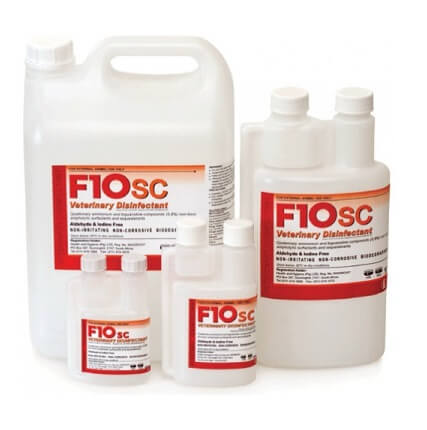
Vets and Insurance
● Exotics Vets are not easy to find, here in Brighton we use Coastways in Kemptown as they have an exotic vet called Celine. It is essential you find an exotic vet.
● There is insurance you can get for your reptile through Exotic Direct.

Handling your Bearded Dragon
When handling your bearded dragon ensure you support his body and ensure your surroundings are safe. Bearded dragons are not the best climbers so make sure they are safe if climbing on any enrichment inside or outside the enclosure. Handling sessions should be around 45 minutes maximum due to Bearded dragons needing access to the UVB and heat in the enclosure. If you take your bearded dragon outside during the summer time, ensure they are in an enclosure area and being monitored at all times.
Bearded dragons come from Australia which is nice and hot so ensure you only take your bearded dragon out during peak summer times. Always make sure there are no pets like dogs and cats around when handling your bearded dragon.
Bearded Dragon Diet
You should feed Bearded Dragons greens every day and bugs every other day. Young bearded dragons require more insects in their diet for growth.
Greens suitable for your Bearded Dragon
- Spring Greens
- Rocket
- Water Cress
- Lambs Lettuce
- Chard (This should be more of a treat)
- Pak choi
- Dandelions
You can also use live food with Bearded Dragons eat a diet of live insects, which can include ‘calci worms’, waxworms and locusts.
You also want to ensure your feeder bugs have been gut loaded (fed) before offering to your gecko. We use Arcadia Reptiles Insectfuel.
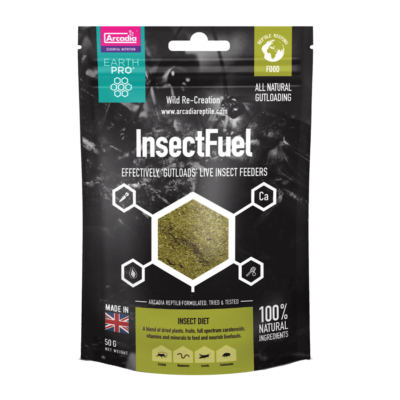
Safe Weeds and Plants to feed to your Bearded Dragon
- Dandelion leaves and flowers
- Clover
- Bind Weed
- Plantain
- Hedge mustard
- Pansy
- Petunias
- Mimulas
- Sedum
- Bitter cress
- Garlic mustard
- Bristly ox tongue
Always wash your green thoroughly before feeding to your bearded dragon
Supplementing your Bearded Dragon Diet
The use of high-quality reptile supplements in the correct amounts at the correct frequencies will help to ensure optimum bone health and skin health for your reptile, and help to avoid a plethora of nutrition-related illnesses such as metabolic bone disease.
EarthPro-A at every feed on all food items, CalciumPro Mg at every 4th feed, A quality full-spectrum powder with D3 and A can be offered at feed 6 or 8. We then carry on with this cycle.
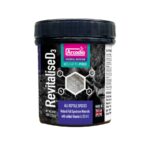
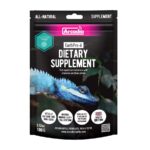
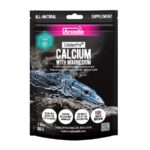
Check out the feeding schedule using the link below
https://www.arcadiareptile.com/earthpro/feeding-programme/herbivores/
Minimum rehoming Requirements for a Bearded Dragon
You can source all enclosures, equipment, electrics and decor from us as we run a shop.
- 4ft x 2ft x 2ft Vivarium £150
- Arcadia Reptile Pro T5 24W 12% Kit £60
- 75W Arcadia Reptile Halogen £15
- Dimming thermostat £55
- Arcadia Reptile Ceramic bulb holder and plug £15
- Habistat Heat Cage £15
- Substrate and decor is up to you. We advice a Sand X Soil mix as substrate and a minimum of 2 hides and a water dish.
Setting up your Rankins Dragon
If you are getting a vivarium from us, we will set it up for you free of charge, If not, when setting up your electrics, ensure both the UVB and heating are on the same side. Fit your UVB on the top front of the viv, behind the runner and heating should centered on the warm side
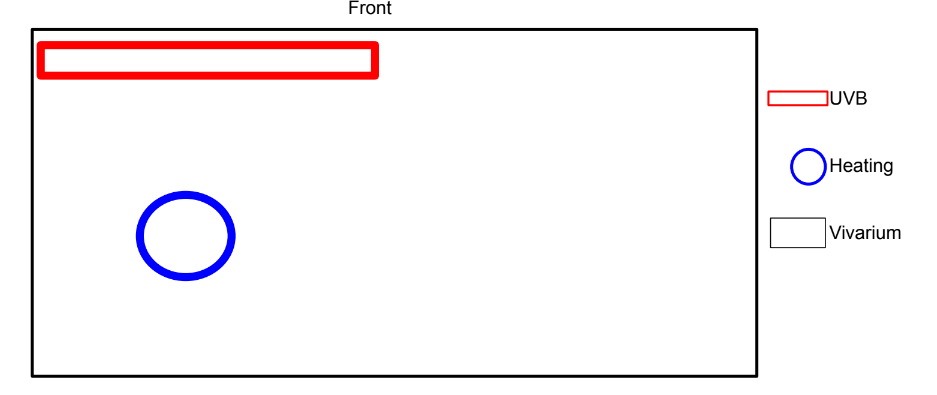
When you buy everything from us, we can set up your enclosure free of charge

